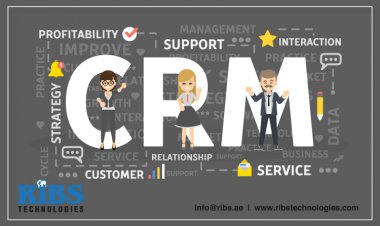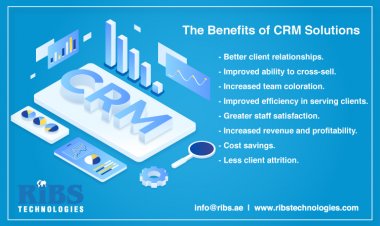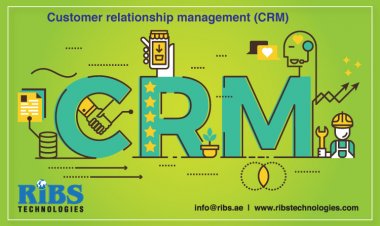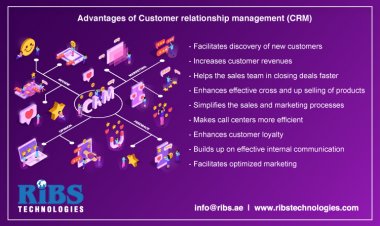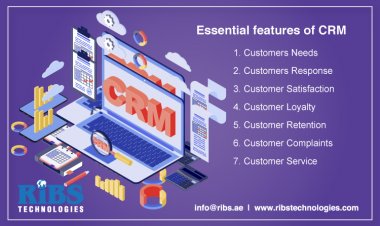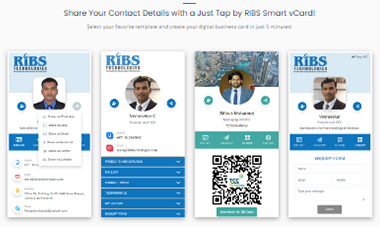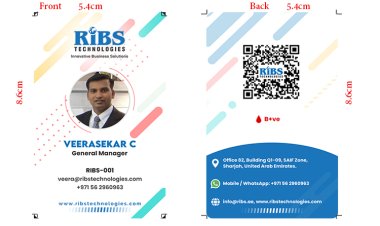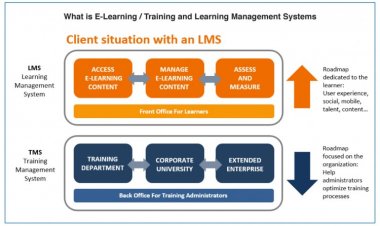Types of CRM
Customer Relationship Management (CRM) systems are integral tools for modern businesses, providing a centralized platform for managing customer interactions, automating workflows, and gaining valuable insights through comprehensive analytics. Understanding the different types of CRM is essential for selecting the right solution to meet your specific business needs. In this detailed guide, we will explore the various types of CRM systems and how they can benefit your organization, customers, and market.

What is CRM Software?
CRM software is designed to help businesses manage and analyze customer interactions and data throughout the customer lifecycle. By centralizing information and automating processes, CRM software enhances customer service, increases sales, and improves customer retention.
The Major Types of CRM
Operational CRM
Operational CRM focuses on streamlining business processes related to customer interactions. This type of CRM includes tools for sales automation, marketing automation, and service automation. The primary goal is to generate leads, convert them into contacts, capture all required details, and provide service throughout the customer lifecycle.
- Sales Automation: Streamlines the sales process by automating routine tasks such as contact management, order processing, and tracking sales opportunities.
- Marketing Automation: Helps in automating marketing campaigns, tracking customer behaviors, and managing marketing tasks.
- Service Automation: Provides tools for managing customer service activities, including handling customer support requests, ticketing systems, and service level management.
Analytical CRM
Analytical CRM focuses on analyzing customer data gathered from various touchpoints to understand customer behavior and provide actionable insights. This type of CRM uses data mining, pattern recognition, and data visualization techniques.
- Customer Data Analysis: Helps in understanding customer preferences and behaviors to enhance marketing strategies.
- Sales Analysis: Provides insights into sales performance, helping in identifying trends and areas for improvement.
- Service Analysis: Analyzes service performance and customer feedback to improve customer satisfaction.
Collaborative CRM
Collaborative CRM aims to improve the collaboration between an organization and its customers. It focuses on the interaction management between departments (like sales, marketing, and support) and customers.
- Communication Management: Facilitates seamless communication through various channels like email, phone, and social media.
- Document Management: Allows sharing and managing documents across different departments.
- Feedback Management: Collects and manages customer feedback to enhance products and services.
Niche-Specific CRM Types
Sales CRM Software
Sales CRM software is designed specifically to enhance sales processes. It includes features like lead management, sales forecasting, and pipeline management.
- Lead Management: Tracks and manages leads from various sources.
- Sales Forecasting: Provides tools for predicting future sales based on historical data.
- Pipeline Management: Helps in tracking the progress of deals through different stages.
Marketing CRM Software
Marketing CRM software focuses on automating and improving marketing efforts. It includes tools for email marketing, campaign management, and customer segmentation.
- Email Marketing: Automates email campaigns and tracks their performance.
- Campaign Management: Manages and tracks marketing campaigns across different channels.
- Customer Segmentation: Segments customers based on various criteria for targeted marketing.
Service CRM Software
Service CRM software is tailored for customer support and service management. It includes features like ticketing systems, knowledge bases, and customer self-service portals.
- Ticketing System: Manages customer support requests and tracks their status.
- Knowledge Base: Provides a repository of information for customer self-service.
- Self-Service Portals: Allows customers to find solutions to common problems on their own.
Industry-Specific CRM Solutions
Real Estate CRM Software
Real Estate CRM software is designed to meet the specific needs of the real estate industry. It includes features like property management, client management, and sales automation.
- Property Management: Manages property listings, viewings, and sales.
- Client Management: Tracks client preferences and interactions.
- Sales Automation: Automates sales processes from lead generation to closing deals.
Healthcare CRM Software
Healthcare CRM software focuses on improving patient care and managing patient information. It includes tools for patient management, appointment scheduling, and medical history tracking.
- Patient Management: Manages patient records and interactions.
- Appointment Scheduling: Schedules and tracks patient appointments.
- Medical History Tracking: Maintains detailed records of patient medical histories.
Ecommerce CRM Software
Ecommerce CRM software is tailored for online retail businesses. It includes features like order management, customer segmentation, and marketing automation.
- Order Management: Tracks orders from placement to delivery.
- Customer Segmentation: Segments customers for targeted marketing.
- Marketing Automation: Automates marketing campaigns and tracks their performance.
Advantages of Different Types of CRM Software
- Operational Efficiency
CRM management software streamlines business processes, reduces manual tasks, and increases efficiency. Automated workflows ensure that tasks are completed on time, and data is consistently accurate. - Improved Customer Insights
Analytical CRM software provides deep insights into customer behavior, preferences, and buying patterns. This information is invaluable for tailoring marketing efforts and improving customer satisfaction. - Enhanced Collaboration
Collaborative CRM software fosters better communication and collaboration within the organization. It ensures that all departments are aligned and working towards common goals, resulting in a more cohesive customer experience. - Industry-Specific Solutions
Tailored CRM software for industries like real estate, healthcare, and ecommerce address unique challenges and streamline specific processes, making them more effective and efficient. - Scalability and Customization
Most CRM solutions are scalable and customizable, meaning they can grow with your business and be tailored to meet specific needs. This flexibility ensures that the CRM system remains relevant and useful as the business evolves.
Conclusion
Understanding the different types of CRM systems is crucial for selecting the right solution to meet your business needs. Whether you need an operational CRM for automating processes, an analytical CRM for gaining insights, or a collaborative CRM for enhancing communication, there is a CRM solution that can help you achieve your goals. Additionally, industry-specific CRMs like real estate CRM software, healthcare CRM software, and ecommerce CRM software provide specialized tools and features to address unique challenges.
Contact us for a tailored consultation to align CRM software with your business goals. Reach out to RIBS Technologies.


 RIbsadmin
RIbsadmin 







